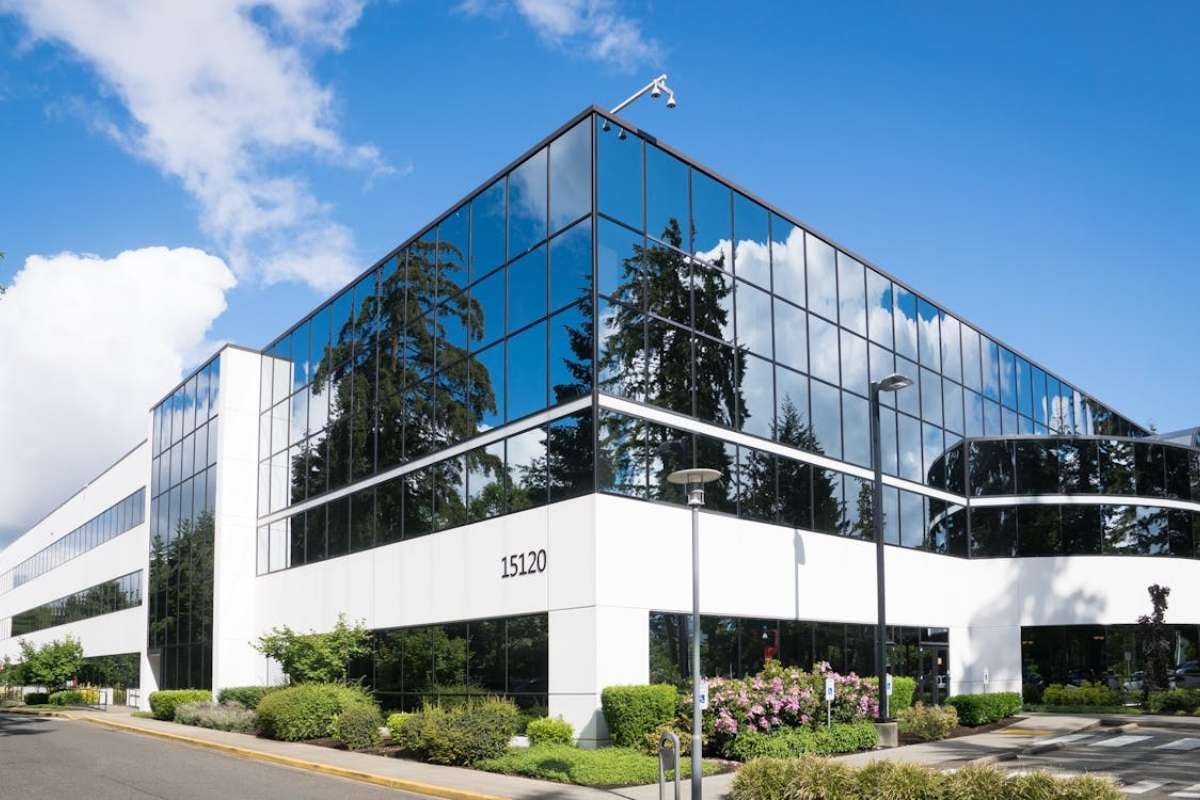Philanthropic Backlash as DEI Efforts Are Rolled Back
Target’s DEI initiatives have been scaled back recently, sparking concerns about the retail giant’s commitment to supporting racial equity and progressive causes. The Minneapolis-based company has long been a significant donor to organizations focused on Black economic empowerment and LGBTQ+ acceptance, with the Target Foundation contributing millions in recent years. However, after announcing changes to its internal DEI programs on January 24, some fundraisers are questioning whether Target’s philanthropic priorities are shifting, especially in light of increasing pressure from conservative political forces.
In the past, DEI initiatives were seen as vital steps toward reducing discrimination and promoting inclusivity, especially after the 2020 killing of George Floyd in Minneapolis. However, these efforts have faced increasing scrutiny and opposition, most notably from the Trump administration, which claimed that DEI spending exacerbates prejudice and societal division. As companies like Walmart, Amazon, and Meta retreat from race-based policies, nonprofits fear that their funding from major corporations might diminish, leaving gaps in vital support for marginalized communities.
Target’s Corporate Strategy and Philanthropic Responses
On January 24, Target’s DEI initiatives underwent significant changes, revealing that the company would be ending its goals related to increasing Black representation within the organization, improving experiences for Black shoppers, and supporting Black-owned businesses. The retailer also stated that it would no longer submit to diversity surveys, such as the Human Rights Campaign’s Corporate Equality Index. Despite these changes, Target has not yet made clear how its corporate philanthropy might be affected, which last year amounted to $384 million in cash and product donations.
In a response to the Associated Press, Target emphasized that its philanthropic work remains a key tool for community engagement, both in its home city of Minneapolis and in the broader regions it serves. A spokesperson confirmed that the Target Foundation’s focus would remain unchanged, continuing to evaluate its support for organizations and networks aligned with the company’s evolving corporate strategy. However, the internal changes have already had an impact on some partnerships. Twin Cities Pride, an LGBTQ+ advocacy group, recently chose to sever its relationship with Target after discussions revealed that the retailer planned to remove its internal DEI policies.
Nonprofits Navigate Shifting Corporate Relationships
The changes in Target’s DEI initiatives have led some nonprofit organizations to reconsider their corporate partnerships. Andi Otto, Executive Director of Twin Cities Pride, expressed disappointment over Target’s withdrawal of DEI commitments, citing concerns about the company’s commitment to fostering inclusivity. For Otto’s group, the decision not to continue Target’s sponsorship—despite a history of $50,000 annual contributions—was rooted in the belief that inclusion requires more than just financial support.
As a result of this decision, Twin Cities Pride has experienced a surge in individual donations, raising over $50,000 since severing ties with the retailer. Many nonprofits in the LGBTQ+ and racial equity sectors are now uncertain about how to navigate the changing landscape of corporate philanthropy. Some fear that without clear commitments to diversity, the relationships between businesses and community organizations will continue to fracture, leaving progressive initiatives without critical support.
In response, some activists are calling for a boycott of Target, urging consumers to support minority-owned brands directly. As organizations like Twin Cities Pride raise funds independently, the debate over corporate commitment to racial and social justice continues to intensify, leaving the future of corporate philanthropy in question.









